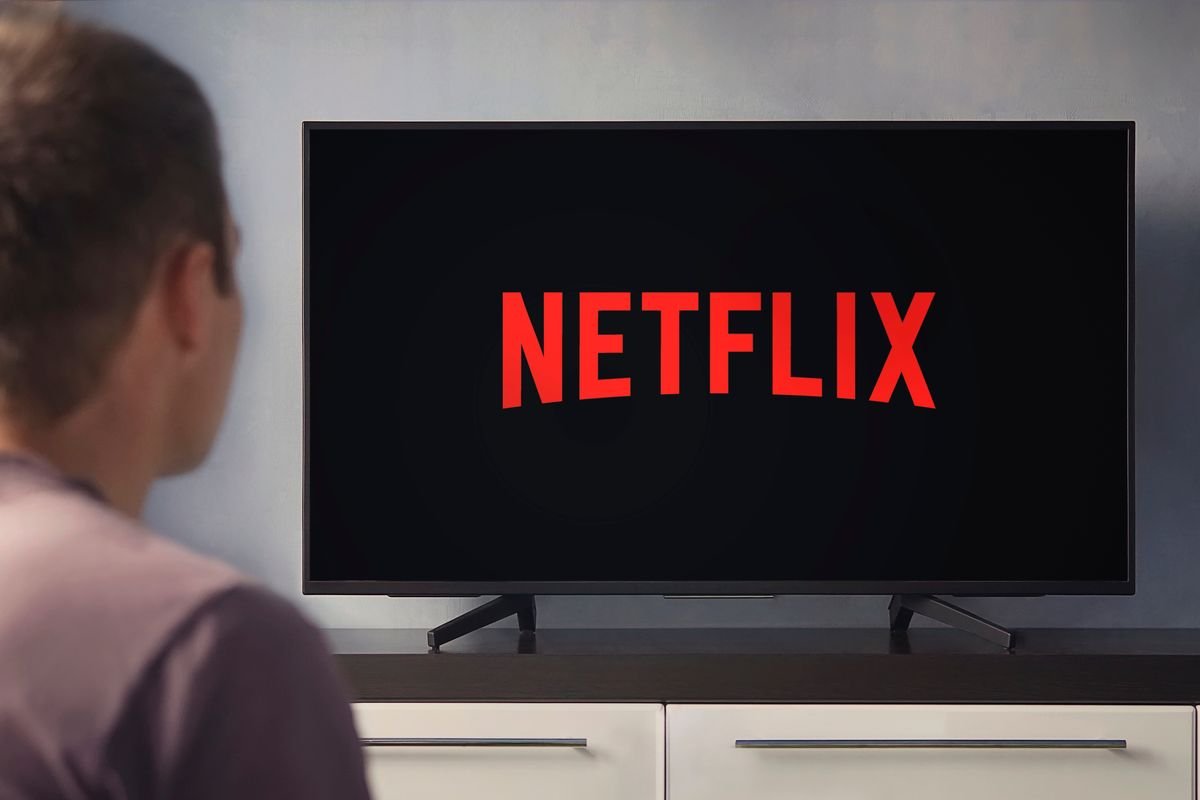Ubisoft, the gaming giant behind iconic franchises like Assassin’s Creed and Far Cry, is facing turbulent times. Recent financial reports reveal a staggering nearly 50% drop in sales, prompting speculation about further layoffs and potential studio closures. This news, broken by various gaming news outlets and corroborated by investor reports, has sent ripples through the gaming community, raising questions about the company’s future and the broader landscape of AAA game development. But what led to this dramatic downturn, and what does it mean for gamers and the industry? This article delves into the complex factors contributing to Ubisoft’s struggles, examining the company’s strategic decisions, the evolving gaming market, and the potential consequences of this financial slump.
A Steep Decline: Unpacking the Numbers
The numbers paint a stark picture. A near 50% sales decline isn’t just a bad quarter; it’s a major red flag. While specific figures fluctuate depending on the reporting period and regional breakdowns, the overall trend is undeniable and alarming. This drop isn’t isolated; it reflects a confluence of issues that have been brewing for some time. My own experience following the gaming industry for over a decade suggests that such precipitous declines often stem from a combination of internal missteps and external pressures.
- Financial Reports as the Barometer: Ubisoft’s official financial releases serve as the primary source for these figures. Analyzing these reports reveals the depth and breadth of the sales slump.
- Industry Analyst Insights: Beyond the raw numbers, industry analysts provide context, offering their perspectives on the contributing factors and potential future scenarios. Their analysis often sheds light on market trends and consumer behavior.
- The Ripple Effect: This sales decline isn’t just an abstract financial metric. It has real-world consequences, from potential job losses to the cancellation or scaling back of game projects.
The Anatomy of a Downturn: Dissecting the Contributing Factors
Several key elements appear to have contributed to Ubisoft’s current predicament. It’s rarely a single cause, but rather a complex interplay of factors that creates a perfect storm.
- Delayed Releases and Content Drought: Pushing back highly anticipated titles can significantly impact revenue. While delays are sometimes necessary for quality assurance, too many delays can erode player confidence and create a sense of anticipation fatigue.
- Market Saturation and Shifting Tastes: The gaming market is constantly evolving. New genres emerge, player preferences shift, and competition intensifies. Failing to adapt to these changes can leave a company struggling to connect with its audience.
- Criticism of Game Quality and Monetization: In recent years, Ubisoft has faced criticism over the quality of some of its releases, as well as its approach to monetization. Issues like repetitive gameplay, excessive microtransactions, and perceived “live service” fatigue can alienate players.
- The “Live Service” Gamble: Ubisoft has heavily invested in the “live service” model, with games designed to generate ongoing revenue through in-game purchases and expansions. While this model can be lucrative, it also requires consistent content updates and engagement to keep players invested. When this balance isn’t achieved, it can backfire.
- Broader Economic Headwinds: The current global economic climate also plays a role. Rising inflation and economic uncertainty can lead consumers to cut back on discretionary spending, including entertainment.
The Human Cost: Layoffs and Studio Closures?
The financial implications of a near 50% sales drop are significant. Companies facing such challenges often resort to cost-cutting measures, and the gaming industry is no exception.
- Layoffs as a Last Resort: Unfortunately, layoffs are often a necessary step for companies looking to reduce expenses. These decisions are never easy, and they have a profound impact on the lives of those affected.
- Studio Consolidation and Closures: In some cases, struggling studios may be forced to close their doors entirely. This can lead to job losses and a loss of creative talent within the industry.
- The Impact on Game Development: Layoffs and studio closures can also impact the development pipeline, potentially leading to delays or cancellations of future projects.
The Road Ahead: Can Ubisoft Recover?
The question on everyone’s mind is: can Ubisoft weather this storm and bounce back? The answer is complex and depends on several factors.
- Strategic Course Correction: Ubisoft needs to carefully analyze its current situation and make necessary adjustments to its strategy. This may involve re-evaluating its approach to game development, monetization, and marketing.
- Focus on Quality over Quantity: In the long run, focusing on delivering high-quality, innovative games is crucial for regaining player trust and attracting new audiences.
- Adapting to Market Trends: Staying attuned to evolving market trends and player preferences is essential for remaining competitive. This requires constant research and a willingness to experiment with new ideas.
- The Power of Franchises: Ubisoft owns some of the most recognizable and beloved franchises in gaming. Leveraging these properties effectively can be a key to recovery.
The Bigger Picture: What This Means for the Industry
Ubisoft’s struggles are not unique. The gaming industry is facing a period of significant change and disruption.
- The Rise of Indie Games: The indie game scene continues to thrive, offering players a diverse range of experiences and challenging the dominance of AAA titles.
- The Subscription Model: Subscription services like Game Pass are changing the way players access and consume games.
- The Metaverse and Web3: Emerging technologies like the metaverse and Web3 are creating new opportunities and challenges for game developers.






























